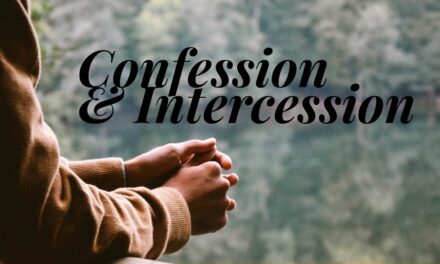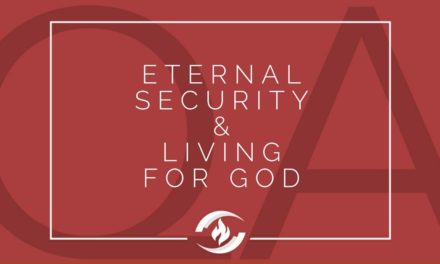Q.
Hi John,
Is it legitimate to pray with believers of other denominations?
Malachi O’Brian
A.
Hello Malachi,
Great question! It is amazing how much confusion pervades regarding this very matter. I’m convinced there are some who would love to join in corporate gatherings for prayer which involve believers from various backgrounds, but do not do so due to fear of being seen as a compromiser. I’ve known this pressure over the years.
My dad often spoke of his earlier years in ministry. With fond recollection he told me of having fellowship with good men in other groups. I remember specifically my dad telling of a Nazarene pastor who was a blessing to him. Somehow in more recent decades, things along these lines have become confused.
Acts 1 and 2 speak of the believers coming together in “one accord.” What does this mean? In the context in Acts this description surrounded gatherings for prayer. So let’s briefly consider what one accord does not mean and then what it does.
One accord cannot mean total agreement on every minor doctrine. We would be hard pressed to have much corporate prayer if this were the case. In fact, it would be difficult to have a corporate prayer meeting in a given local church if this were the case. Nor could one accord mean total agreement in every aspect of practice. Again, this wouldn’t happen in most local churches, or even among good friends—because there are many differences in practice.
However, one accord would not happen if there was not agreement on the fundamentals of the faith. The obvious reason is that those who deny the biblical essentials are unbelievers. The Bible makes some doctrines so clear that anyone with a respect for the authority of the Bible embraces them. The reason why we don’t debate the deity of Christ, the virgin birth, the bodily resurrection, salvation by grace through faith, and so on, is because the Scripture sets forth those doctrines so clearly that those doctrines are not debatable to anyone who believes in the authority of God’s Word. The reason why we do debate other matters is because they are not as clear in the Bible. In that sense, they are debatable. That’s why we debate them.
The real issue with one accord is an agreement of need and an agreement that God is the only one who can meet that need. So we go to God in our need to meet our need. This is what occurred in the Acts 1 prayer meeting. Jesus had told His disciples to witness of Him, starting in Jerusalem, and continuing to the uttermost part of the earth. But they needed power from on high—and they knew it, for they had failed miserably in many ways. Jesus promised the power of the Spirit. So they gathered to pray in one accord knowing their need and knowing God was the only one who could meet their need—and God did. He poured out His Spirit on them, empowering them to turn their world upside-down for Christ.
Is this not our same need today? We are in need. We need the Spirit of cleansing and the Spirit of power to turn things around.
Those who have applied the simplicity of one accord prayer meetings for revival have seen God work wonders. Revival history is replete with examples of this truth. Some examples are in smaller settings, perhaps affecting a single church. But others are in larger settings, affecting communities and beyond. In fact, historically, when believers of various backgrounds join together to pray not just for their church, but for God to come to their town, greater works have followed.
John











AMEN and AMEN! There would be no such thing as corporate prayer if all the participants had to agree about everything! Let us earnestly contend for the faith, but bow the knee with all believers who feel the same desperate need for God.
Prayer is talking to God in Christ Jesus through the Holy Ghost(Spirit).